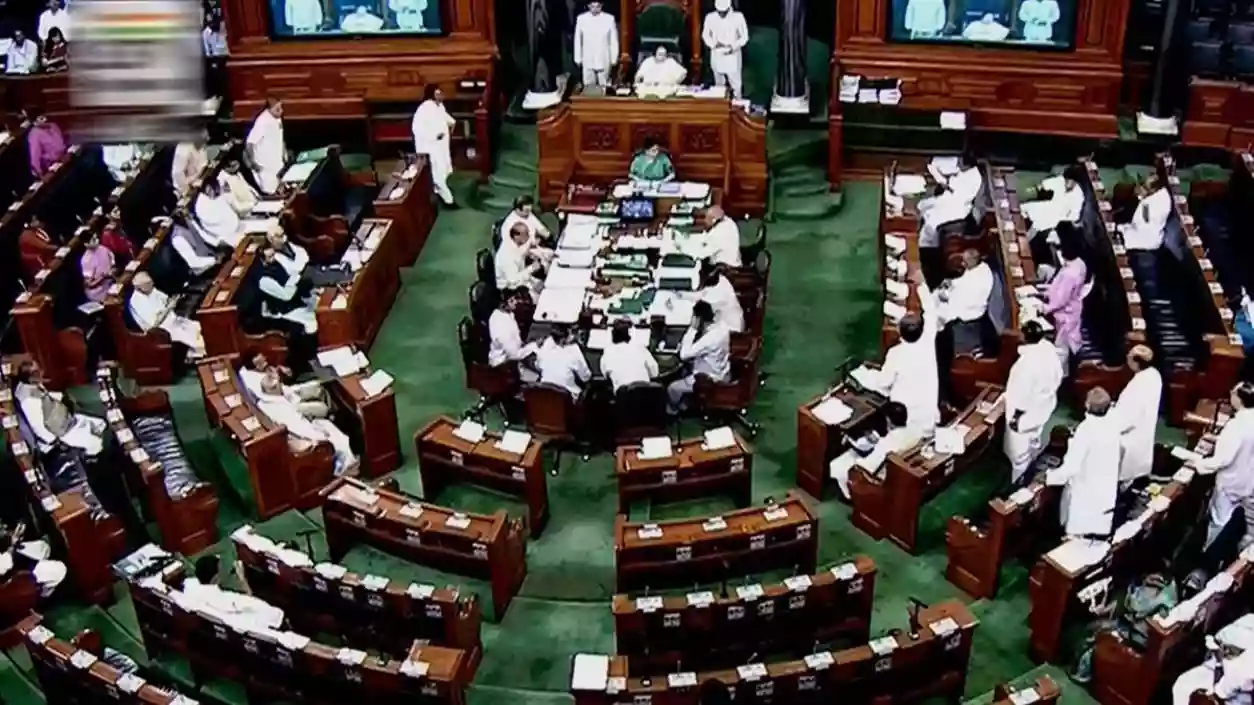.gif)
.gif)

The Indian government is preparing to introduce the ‘One Nation, One Election’ bill in Parliament, possibly during the ongoing winter session. This bill is based on the recommendations of the Ram Nath Kovind-led committee, which has suggested the synchronization of Lok Sabha and state assembly elections. The Cabinet has already approved the committee's report. The government's objective is to streamline the election process, reduce costs, and minimize the disruptions caused by multiple election cycles across the country.
The bill will be sent to a Joint Parliamentary Committee (JPC) for detailed discussions. The JPC will engage in consultations with representatives of all political parties, speakers of state legislative assemblies, intellectuals, and civil society representatives. The government intends to involve the public as well by seeking their views on the proposal. The discussions are expected to focus on building consensus and addressing the concerns of various stakeholders regarding the logistics, constitutional changes, and the impact of such a reform.
To implement the ‘One Nation, One Election’ proposal, the government would need to amend the Constitution. The proposal requires at least six constitutional amendments, and for these amendments to pass, the government needs a two-thirds majority in both Houses of Parliament. Currently, the NDA holds a majority in the Lok Sabha with 292 seats, but in the Rajya Sabha, it has 112 seats, falling short of the 164 votes needed for a two-thirds majority. While the NDA seeks to gather the necessary support from opposition parties and other stakeholders, securing this majority is a challenge.
The primary goal of the proposal is to conduct Lok Sabha and state assembly elections simultaneously, which the government argues will reduce the financial burden, reduce the frequency of elections, and minimize logistical challenges. By synchronizing elections, the government hopes to prevent disruptions in governance caused by the Model Code of Conduct, which limits government activity before elections. However, opposition parties have expressed concerns regarding the practicality of such an initiative, particularly regarding the logistical challenges of holding elections in multiple states and the impact on federalism.
The Kovind committee's report suggested that the earliest possible implementation of the proposal could occur after 2029. The implementation would be phased, with the first phase focused on synchronizing Lok Sabha and state assembly elections. The second phase would involve holding local body elections, such as panchayat and municipal elections, within 100 days of the general elections. Additionally, the report recommended the creation of a common electoral roll and the formation of an implementation group to oversee the reform process.